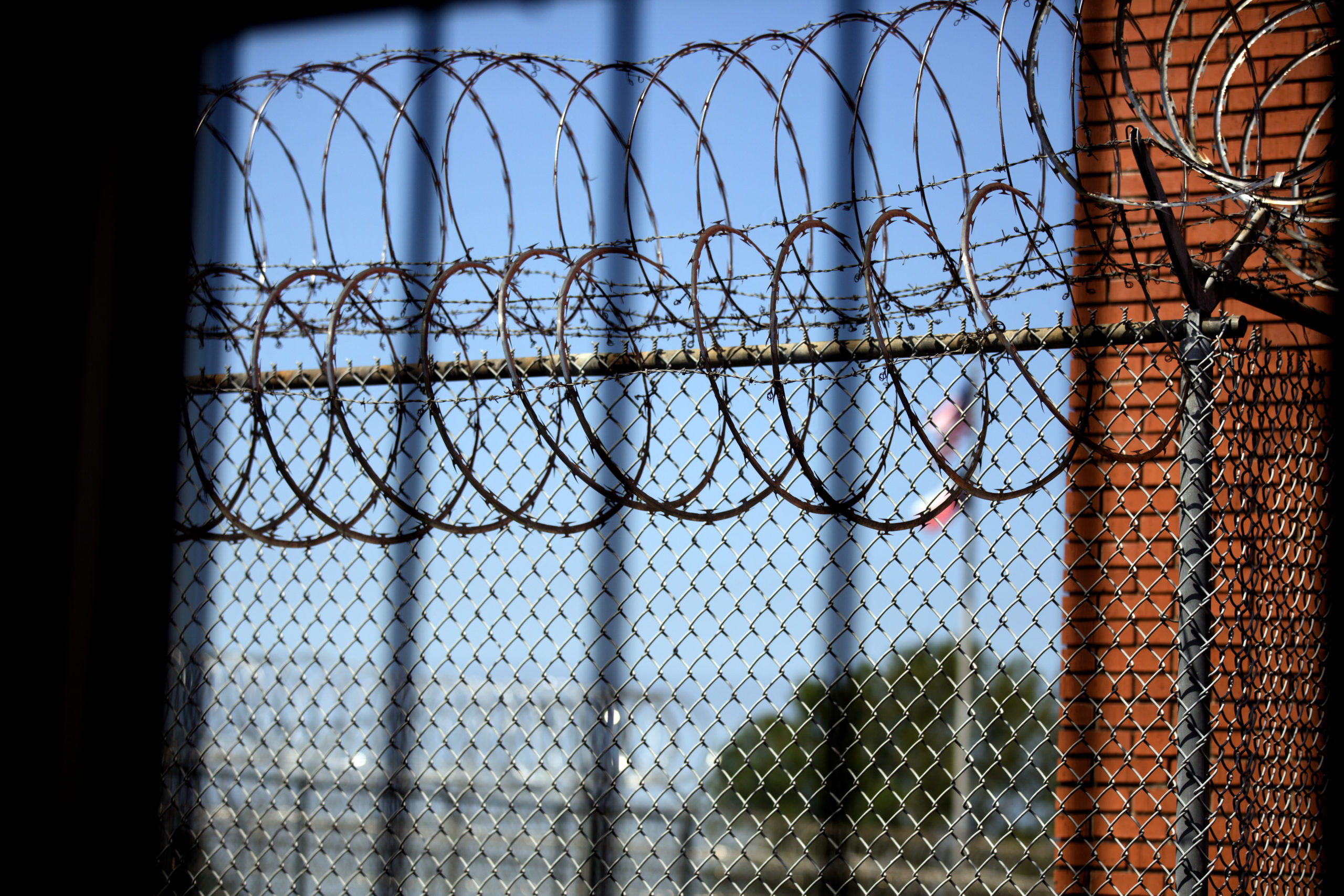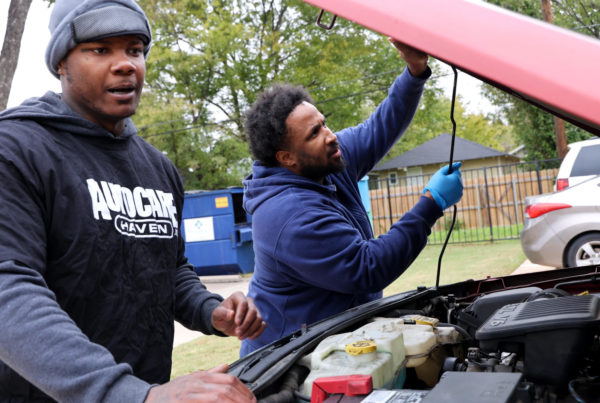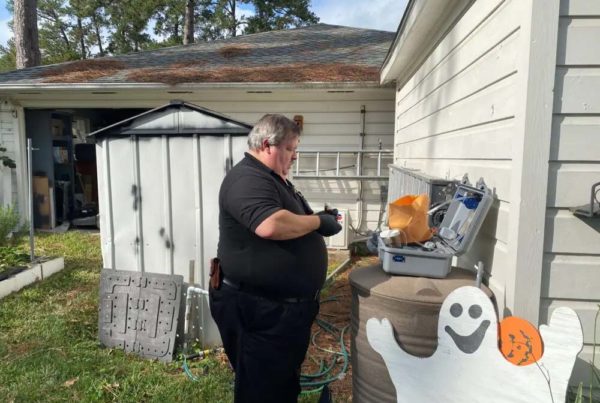The Texas Legislature gaveled into session on Tuesday, but as lawmakers were reconvening at the statehouse, people incarcerated in Texas prisons were demanding to be heard.
A large-scale hunger strike in protest of the state’s solitary confinement practices started Tuesday, with about 300 people incarcerated across the state reported to be participating. Texas is known to take a rather harsh stance when it comes to solitary confinement, keeping some inmates in isolation for years or even decades.
Michele Deitch, the director of the Prison and Jail Innovation Lab at the University of Texas at Austin, said the individuals are striking until the Texas Department of Criminal Justice meets a series of demands that were first made several months ago.
The first demand is to change the indefinite nature of solitary confinement, also called restrictive housing. This makes it difficult for prisoners to know when they will get out of restrictive housing or what steps are required to do so, she said.
“(They are also) trying to move from more of a status-based system to a behavioral-based system. A lot of people are placed in restrictive housing simply because of their status as an identified gang member, not necessarily because they’ve broken any rules or behaved in a way that’s dangerous to the community,” Deitch said. “So one of the requests is that they use behavior as a guide to who should be in there.”
Deitch said she doesn’t want to minimize the dangerous impact prison gangs and violence can have on those living behind bars. However, she said preemptive solitary confinement does its own kind of harm.
“The thought was, if you could separate people who are in gangs from the general population, it would create a safer environment. And in many ways, that is the case,” she said. “However, it has created really what amounts to torture for people who are in that setting. There’s a lot of research showing that people who are confined 23 hours a day in these very small settings without human contact develop suicidal ideation. They develop mental health issues. And I think the research has really shown us that we need to look at other strategies and ways to ensure that we can have safety in our prisons without torturing people in that setting.”
Deitch said the demands being made in Texas prisons mirror a settlement that incarcerated folks made with the State of California almost a decade ago.
“By all accounts, that seems to be working well,” she said. “So I do believe that it is something that the agency should take a very hard look at, whether there are ways that they could be approaching this issue that are both safe and more appropriate.”
Dietch also noted the risks involved in participating in a hunger strike.
“It certainly does present the risk of life threatening conditions,” she said. “And I think it’s also important to point out what a sacrifice it is for people who are in a setting where they have absolutely nothing to give up. One of the only things they have, which is food. And while many people would say, ‘well, the food is not anything to write home about,’ that’s true, but it is really all that they have. And so it is an enormous sacrifice which reflects the seriousness of their concerns.”














